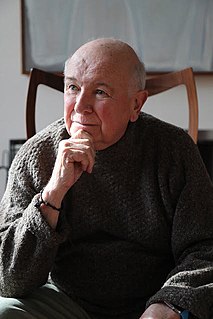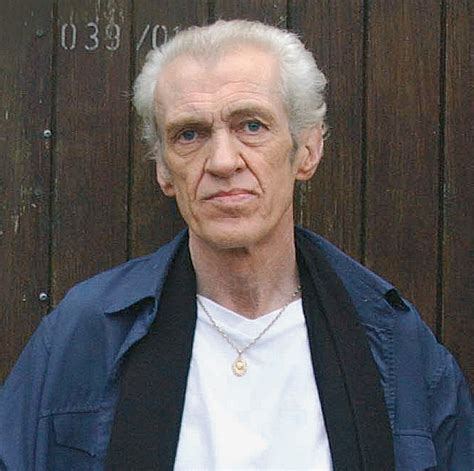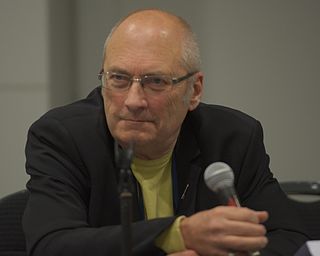A Quote by Jess Row
It was always a false assumption that white American writers cannot write novels about race unless they're approaching it from a very oblique angle.
Related Quotes
The structure of my novels has nothing to do with the narrative mode of cinema. My novels would be very difficult to film without ruining them completely. I think this is the area where writers need to place ourselves: from a position of absolute modernity and contemporaneity, creating a culture of objects which cinema cannot.





































